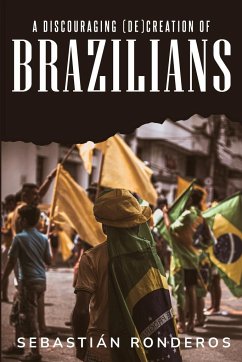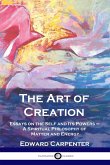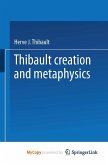As political crises and social unrest proliferate worldwide, the appeal of populism grows steadily in various fora, including academic fora. In this respect, an abundance of scholarly publications has sought, through the study of populism, to unravel important aspects of contemporary political and social dynamics. Discourse theory scholars, in particular, have played an important role in pushing the boundaries of populism studies forward. They have challenged objectivist perspectives in the (social) sciences by foregrounding the role of meaning-making and by treating populism as a discursive logic that better characterises the political (dis)articulation of social reality. In situating its analytical focus at the frontier of populism studies, this paper-based dissertation contributes to this literature from both an empirical and a theoretical point of view. Through the four papers which make up this thesis, I contribute to discourse theory by presenting three main lines of analysis in the study of populism in Brazil, a case that is frequently referenced but which remains under-explored. Firstly, by exploring Brazil's fourth republican period (1946-1964), this thesis shows how populism is best understood as both a concept and a signifier, revealing the way the dynamic interplay of populism discourses shape our sense of social reality. Secondly, by studying a leading magazine with an upmarket readership in Brazil (Veja), I explore the affective force running through anti-populist discursive articulations, affirming the value of the category of fantasy from an empirical and analytical point of view. Thirdly, by focusing on the collective candidacy of the Bancada Ativista in the Sao Paulo State elections, I explore the potential of the concept of populism, conceived as a logic, to shed light on aspects of political life beyond populist phenomena







